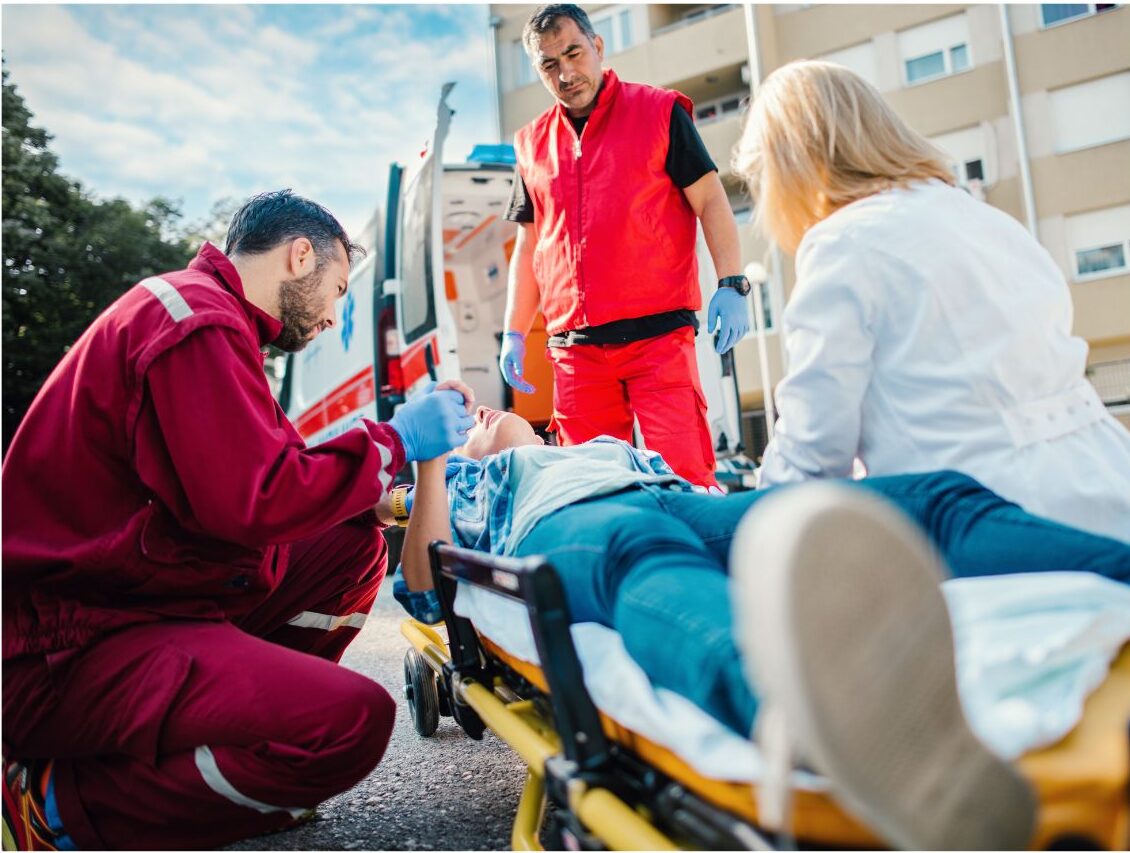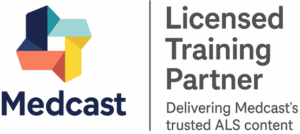
Intermediate Life Support (Blended) Face to Face
- Intermediate Life Support – 26 Apr 2026 – 8:30 am – 12:30 pm
Upcoming Courses
Intermediate Life Support (Blended) Face to Face – Fusion, Sunshine Coast
26 Apr 2026
8:30 am – 12:30 pm
Book NowIntermediate Life Support (Blended) Face to Face – Fusion, Sunshine Coast
26 Apr 2026
1:00 pm – 5:00 pm
Book Now
Course Description
Intermediate Life Support (ILS) or Advanced Life Support 1 (ALS1) Course
Blended Learning – We Come To You!
This course, often referred to as Intermediate Life Support (ILS) or Advanced Life Support 1 (ALS1), is a vital training program designed for healthcare professionals who may be required to manage cardiorespiratory arrest and other medical emergencies. It bridges the gap between basic life support and advanced resuscitation, equipping participants with the knowledge and practical skills to provide effective initial and ongoing care in critical situations.
12 Hours of CPD
5.5 Hours – Educational Activity
4.5 Hours – Reviewing Performance
What Topics and Skills are Learnt?
The ILS course comprehensively covers a range of crucial topics and practical skills, building confidence and competence in emergency management. Key areas of learning typically include:
- Recognition and Assessment of the Critically Ill Patient
- Basic Life Support (BLS) Review and Refinement
- Advanced Airway Management
- Cardiac Arrest Rhythms and Management
- Post-Resuscitation Care Principles
- Team Dynamics and Communication
- Pharmacology in Resuscitation
- Special Circumstances in Resuscitation
- Ethical and Legal Considerations
In essence, the ILS course is an investment in both individual professional development and, more importantly, in the lives of patients. It empowers healthcare providers to deliver high-quality, evidence-based emergency care when it matters most
